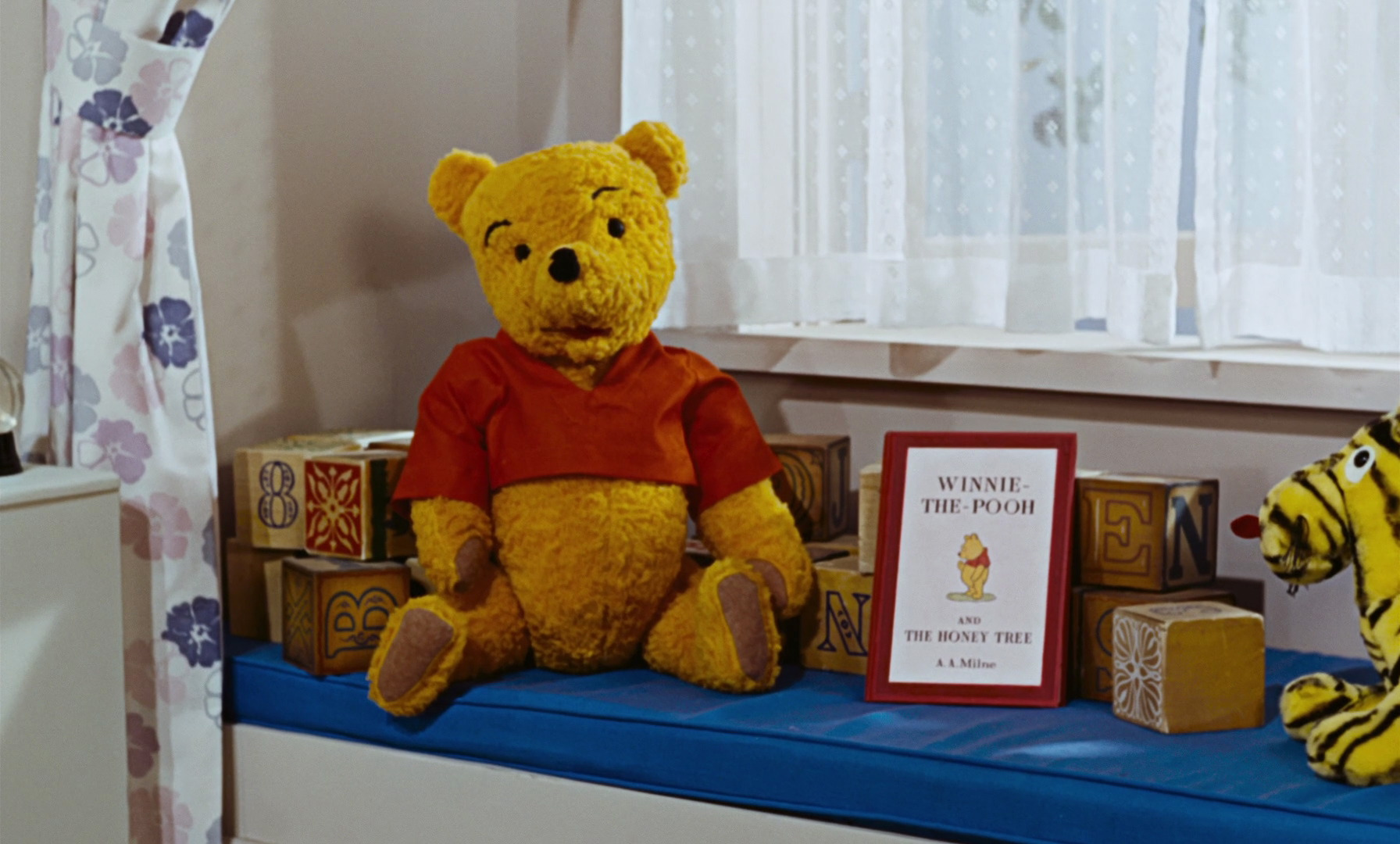Anna’s family has just moved to Sandy, Utah. I hope they realize what kind of troubled people they are now living with.
David Cronenberg on Alias
Via Amy’s Robot Blog:
David Cronenberg was on Alias last night, playing a neuroscientist with an experimental method for recovering lost memories through the use of drugs and lucid dreaming. The episode itself is almost an homage to Cronenberg’s ideas and visual style…as Sidney undergoes DC’s process, the show turns into one of the more visually and conceptually cinematic bits of TV I’ve seen in a while, full of Cronenberg’s illogical logic, layered realities, and of course the requisite bit of Cronenberg’s nonsensical corniness. In any case, before the experiment gets started, DC’s character offers a nice little monologue about simulation, postmodernism, lucid dreaming, and fake bacon. Because [Amy is] nice people, [she] offers you this:
David Cronenberg on Alias talking about postmodernism and reality [mp3, 2.5 mins, 1.8 mb]If you missed him this week, he’ll be on next week, too.
Google Toolbar Installed
My Google Toolbar is now installed! Try it for yourself. The Google toolbar makes it extrememly easy to make blog posts while simultaneously surfing the web.
New Mimail Worm Targets Anti-Spam Sites Update
Apparently the MiMail Worm is also targeting Disney Sites. Now I REALLY hope that guy falls off a cliff… or gets hit by a bus…. or gets hit by a bus at the bottom of a cliff … or maybe a really fast train. Whichever.
Japanese Train Sets A Speed Record Of 581 kph
Via Slashdot:
Last night a high-speed magnetically levitated Japanese train set a new record of 581 kph, topping its own record set just last month. The new Maglev high speed had real passengers on board this time. They proved that the distance between Osaka and Tokyo can be covered in one hour’s time. However, we wouldn’t see real trains for a while now since the cost is prohibitively expensive at this time. They expect that the cost would come down over the next 20 years. This seems to be the future of transportation, at least in Japan. Here is a detailed article from The Japan Times.
Celebrity Atheists
While surfing the Random Website Generator I found a site dedicated to maintaining a list of Celebrity Atheists. This article by Steve Benson is very interesting and I liked that it lead me to his article: Good-bye to God (Editorial Cartoonist’s Journey From Jesus to Journalism—and Beyond).
New Mimail Worm Targets Anti-Spam Sites
Anti-spam organizations have become the target of a new Internet worm that tries to knock their sites offline using denial-of-service attacks. The worm/virus comes as an attachment to an e-mail purporting to be from a woman named Wendy who details an erotic encounter and then offers naked photographs.
Clicking the attachment triggers the virus which then sends itself to other email addresses stored in the infected computer and then allows a massive amount of data to at a later time to the Anti-Spam site. The flood of useless data renders their services unavailable.
If there is one thing that I hate worse than regular spam, it’s email spam. And if there is one thing that I hate worse than email spam, it’s email spam that’s actually a worm / virus. I hope the guy that wrote this virus gets hit by a bus, or falls off a cliff – whichever I’m not picky.
Pooh heirs hire Cochran in Disney suit
Attorney Johnnie Cochran Jr., best known for his work in OJ Simpson’s murder trial, stated last month that he is swearing off criminal law. It was announced today that his newest client is Winnie the Pooh — actually the heirs of the Stephen Slesinger. They allege that Disney owes them millions of dollars because they miscalculated royalties due from the sales of Pooh dolls, books and other merchandise for years. The lawsuit has been going on for the last 12 years, and the Slesinger’s have changed attorneys several times in that time.
Pati Slesinger stated, “We are honored to have Mr. Cochran […] on our team.” Stephen Slesinger, Pati’s father, acquired the rights to Pooh from British author A.A. Milne in 1930 and expanded them in a 1932 agreement.
Update: A legal opinion on the case was delivered December 21, 2012.
In 1930, A.A. Milne transferred to Slesinger exclusive merchandising and other rights to Winnie-the-Pooh works in the U.S. and Canada. In 1961, Slesinger exclusively “assigned, granted, and set over to” Disney the rights in the 1930 agreement. A 1983 agreement sought to resolve the parties’ disputes, but Slesinger contends it retained rights in the works, while Disney maintains Slesinger assigned all rights. In 1991, before the present litigation, Slesinger sued in state court, alleging breach of the 1983 agreement. Slesinger acknowledged that the 1983 agreement “regranted, licensed and assigned all rights” to Disney. The action was ultimately dismissed. The dispute continued in federal court. The district court dismissed, noting that the parties’ actions indicated the rights were transferred to Disney in the 1983 agreement. Between 1983 and 2006, Disney registered at least 15 trademarks. In 2004, Disney registered copyrights in 45 works and renewed copyright registrations for another 14. Slesinger did not attempt to perfect or register trademarks or copyrights before asserting its federal claims and never objected to Disney’s registrations until 2006, when the state court dismissed its claims and Slesinger attempted to cancel Disney’s applications and marks. The Federal Circuit affirmed the Board’s dismissal, citing estoppel.
Disney Fan Builds 11,000 sqft Haunted Mansion Replica
Special-effects guru Mark Hurt design and built a scale replica of Disney’s Haunted Mansion. He lives in the home, which he explains, “will always be a work in progress”. He even has his own home-brew audio-animatronics and a ghost that appears in his bathroom mirror.

